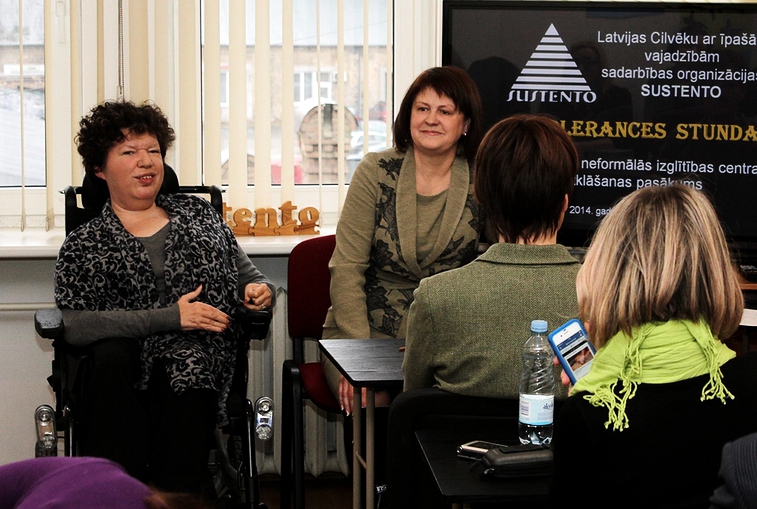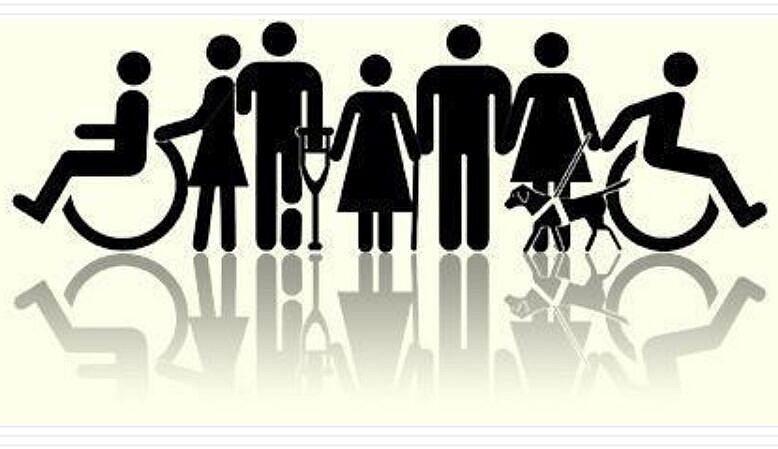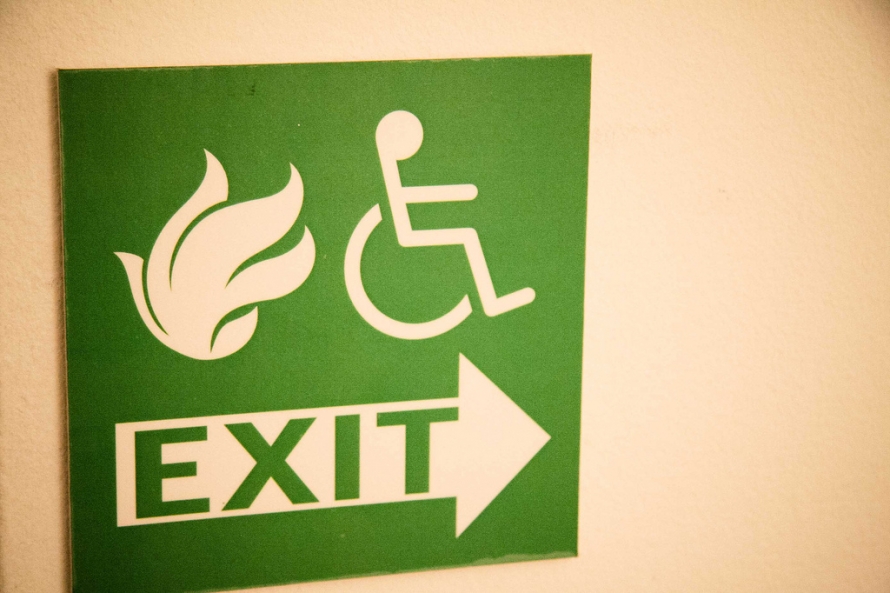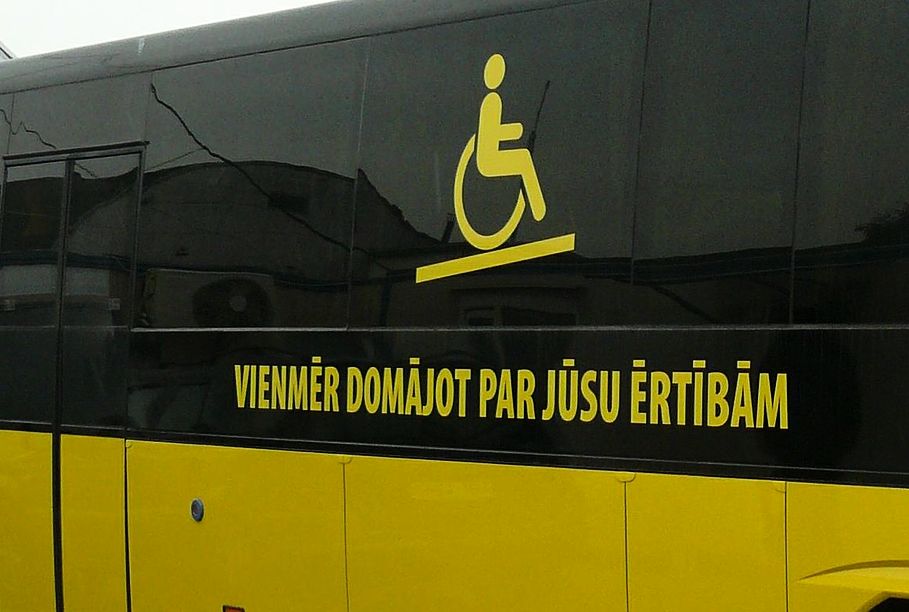She has just returned from a United Nations mission to Ukraine at the end of February where she met with 22 organizations involved in assisting disabled persons, including groups from the eastern Ukrainian provincial cities of Harkov, Donbas and Lugansk.
“This was the first time in my life that I was actually happy to get back into the plane and come home,” Anča told Panorāma reporter Anete Bērtule after the trip.
She said she was incredibly shocked by the information the Ukrainian NGO representatives shared. In the separatist-controlled Lugansk province there were several nursing homes housing those incapable of caring for themselves, but nobody knows what happened to them after many of the surrounding residents fled or were evacuated.
“There’s news that 4000 people remained in the nursing homes, there’s news that some have managed to contact the directors of the homes, who’ve said that most of the staff have evacuated, fearing for their own and their families’ lives. There are nursing homes where perhaps three workers remain to care for up to two hundred patients. There’s news that these people simply have nothing to eat, no food is being supplied and, in fact, well all of these 4000 people are as good as dead,” she related.
According to the news given by the organizations surveyed, the buses that came for the evacuees from the bombed-out neighborhoods could barely accommodate more than a couple of passengers in wheelchairs, being far too narrow for all those needing emergency transportation to safety.
“Most of these folks are abandoned somewhere now in the basements of Lugansk. Some of their addresses are known, others are not. There’s no heat, no electricity, no water. Nobody knows where they are or what has happened to them. Some have remained stranded on the top floors of high-rises without electricity or elevator-service. Those who got out in private vehicles are on the outside somewhere. It was announced that Odessa was a good place for them to flee to, but upon arriving it turned out there’s not much room or access there either – a four square-meter room is crammed with about three wheelchair-bound persons already.”
Anča has been leading Latvia’s umbrella body for disability organizations SUSTENTO since 2002. In 2005 she became a Board member within the European Disability Forum, the following year joining the Board as a member of the European Women’s Lobby, as well as sitting on the consultative European Economic and Social Committee. In 2008 she became an Advisor to the Disability Rights Fund under the UN Convention on the Rights of Persons with Disabilities.

Upon her return she immediately contacted several local government councils in Latvia to inquire about their war-time or natural disaster evacuation plans, specifically to what extent the needs of the physically disabled are provided for. But most of the local governments expressed surprise at the question alone.
“Every local government in their evacuation plans should have at least one article dedicated to the physically disabled and saying what happens to them in emergency situations, for I am convinced that if such an article is codified in writing, then at least they’ll think and remember about it when the moment comes,” Anča believes, vowing to take the matter to the approprate Saeima committees herself soon.
Despite some promising signs of improvement in some localities, generally Latvia earns very low marks for having an equal-access public environment for disabled persons.































